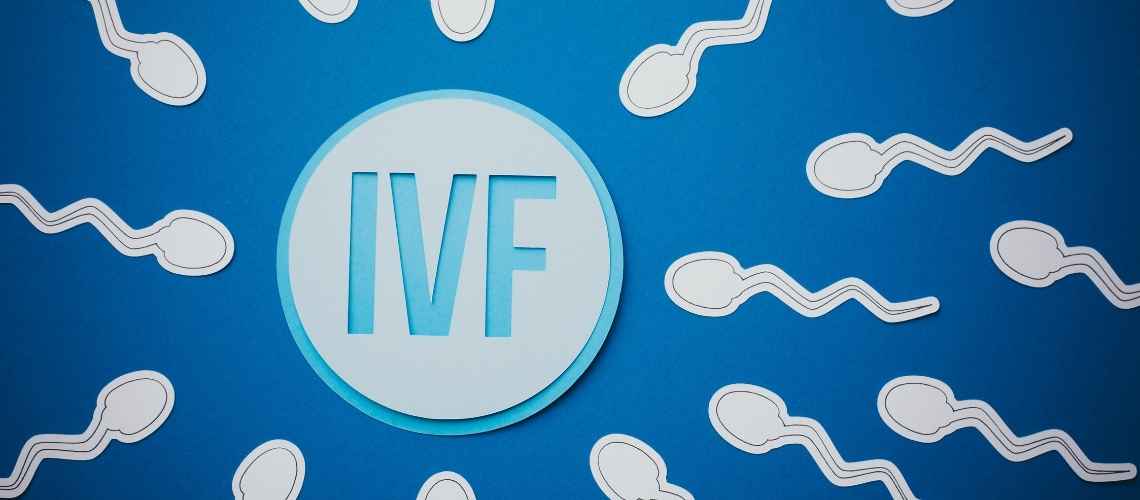Diet can influence IVF by modulating weight, insulin resistance, oxidative stress, and micronutrient status. Balanced patterns support oocyte quality, endometrial receptivity, and male factors. Evidence favors whole‑food eating and stable glycemia while avoiding extreme restrictions before transfer.
Mediterranean diet and IVF outcomes: emphasize vegetables, legumes, whole grains, fish, olive oil, and nuts. This pattern supplies antioxidants and omega‑3s, lowers inflammation, and aligns with healthy BMI targets, indirectly improving response to stimulation and implantation potential.
Preconception supplements in IVF: prioritize folate, vitamin D, iron when deficient, and omega‑3s; avoid megadoses without indication. Individualize based on labs, thyroid status, and vegetarian diets. CoQ10 and inositol may be considered selectively, acknowledging variable evidence quality.
Caffeine, alcohol, and IVF success: limit caffeine to moderate intake and avoid binge drinking. Eliminate tobacco and recreational drugs. Address PCOS with low‑glycemic choices and weight management. Coordinate diet with exercise, sleep regularity, and stress reduction for holistic benefit.
What do other experts say?
According to some specialists, Chavarro and Willett’s diet can aid in improving fertility for women who suffer from ovulation abnormalities such as polycystic ovarian syndrome.
According to Vandana Sheth, a registered dietitian nutritionist with the Academy of Nutrition and Dietetics, “this is an overall healthy way of eating and can help women enhance their consumption of key nutrients for conception and pregnancy.”
The diet has great aspects, according to experts, but some wonder if the main advantage comes from weight loss rather than from eating healthy food. (2)
Does being overweight affect fertility?
The quality of eggs can be impacted by being overweight.
The formation of follicles and ovulation are regulated by the hormones such as insulin, testosterone, FSH, and LH, which are more frequently out of balance in overweight or obese women.
There is evidence to support the idea that losing weight and promoting ovulation can help with these issues, but little evidence exists to draw firm conclusions about whether diets are more effective than others.
“I enjoy dairy products with 2% or full fat. If you’re trying to get pregnant, it’s better than skim or 1% and keeps you feeling fuller longer, according to McKittrick. However, she advises eliminating one ounce of meat or one-third of a cup of starch from your diet altogether to reduce calories. (3)
How weight impacts fertility
Body mass index (BMI) plays a significant role in fertility for both genders. In women, excess body fat can lead to hormonal imbalances, disrupting regular ovulation and affecting egg quality. Consequently, these hormonal changes may cause irregular menstrual cycles or even anovulation, where ovulation does not occur. For men, carrying extra weight can detrimentally affect sperm, reducing count, motility, and even altering their shape. These factors combined make conceiving a challenge.
Interestingly, the solution may lie in achieving a healthier weight. For most individuals, striving for a balanced BMI can significantly improve fertility outcomes. Research underscores the benefits of even modest weight loss. Shedding just 5-10% of body weight can markedly boost the likelihood of conception. This approach not only enhances the effectiveness of IVF but also contributes to overall well-being.
- Women: Overweight conditions disrupt hormone production, affecting ovulation.
- Men: Excess weight impairs sperm quality, impacting count and mobility.
Thus, maintaining an optimal weight through a nutritious diet and regular physical activity becomes essential for couples undergoing IVF. This lifestyle adjustment not only paves the way for a successful pregnancy but also fosters a healthier environment for the child’s development. In conclusion, a focus on diet and weight management is indispensable in the quest for fertility, especially when considering IVF.
Source:
Moran, L., Tsagareli, V., Norman, R., & Noakes, M. (2011). Diet and IVF pilot study: short‐term weight loss improves pregnancy rates in overweight/obese women undertaking IVF. Australian and New Zealand Journal of Obstetrics and Gynaecology, 51(5), 455-459.








